Need help? Call us:
- Questions? Call us toll-free +1-800-520-5726
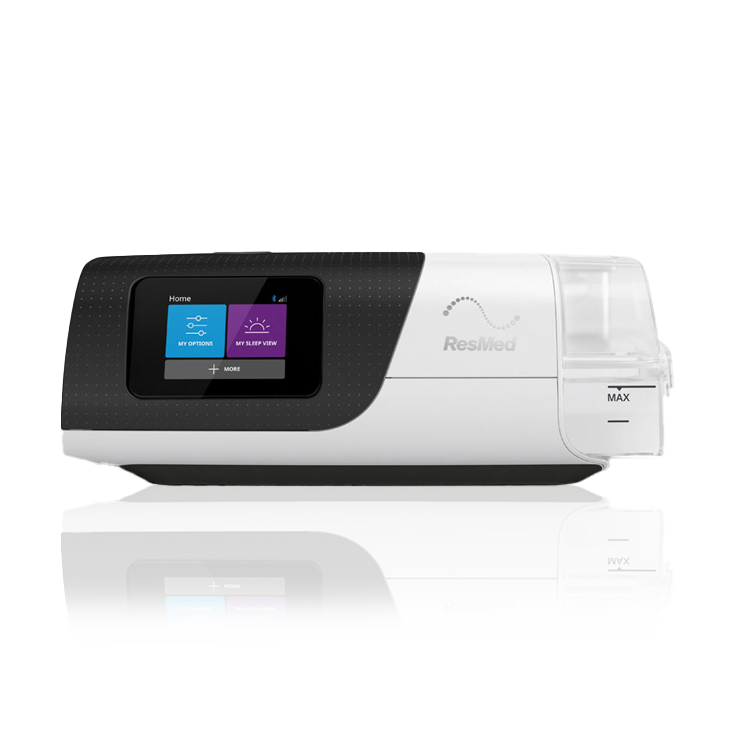
CPAP Masks Finder
Discover your perfect mask fit
- Portable Oxygen
- Home Oxygen
- Oxygen Accessories
- CPAP Machines
- CPAP Supplies
- CPAP Masks
- Mobility
- Bathroom Safety
- Pediatrics
- New Arrivals
Cleaning Your Home to Reduce Respiratory Dangers
Cleaning Your Home to Reduce Respiratory Dangers
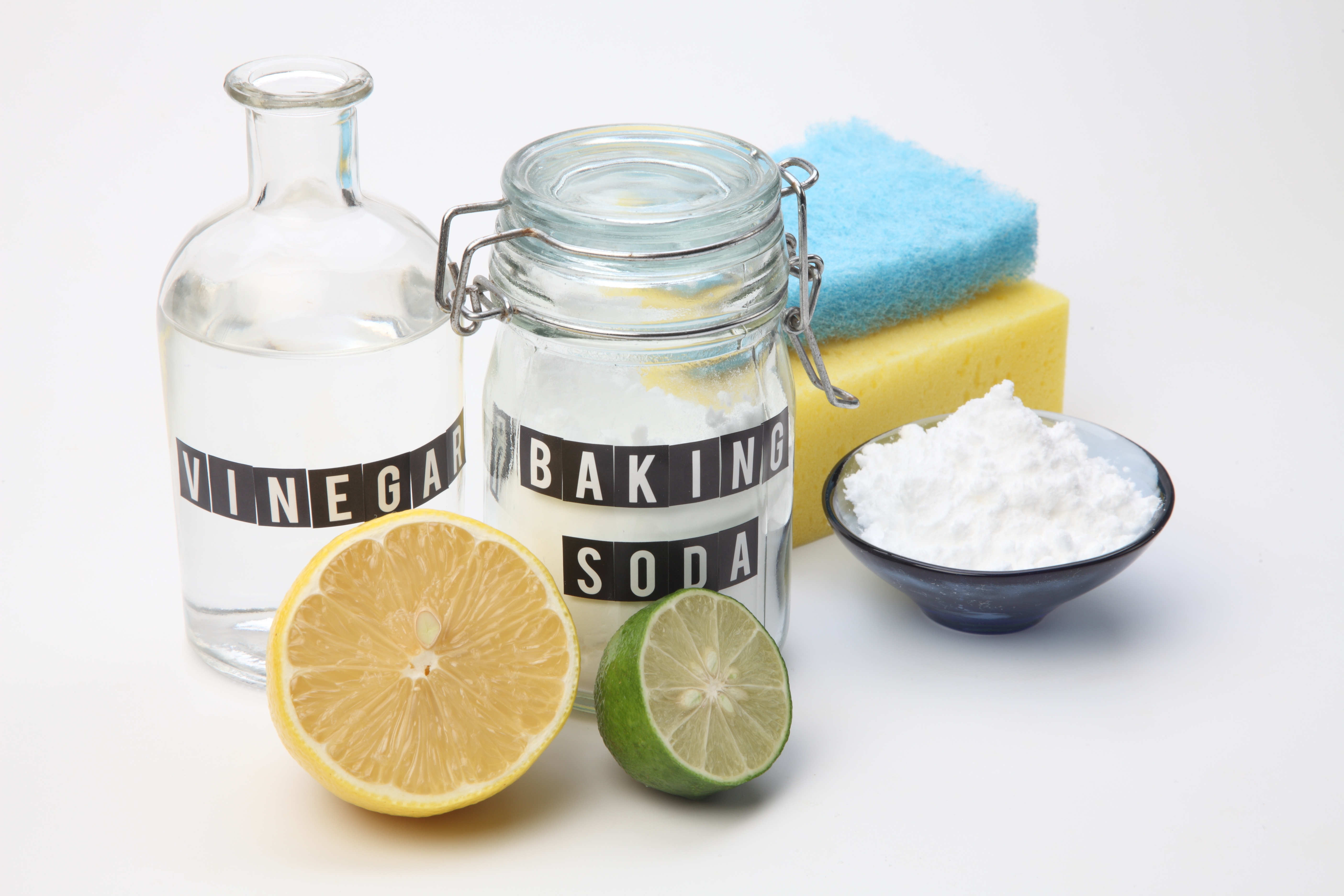
We all know that keeping surfaces in your house clean is essential for avoiding contracting any viral or bacterial illnesses. While we know that cleanliness is important for staying healthy, it is important to keep in mind that aerosol sprays, strong scents, and chemical fumes can be irritating to anyone, but for those with COPD or other respiratory conditions, they can be extremely dangerous. Many people believe that in order to get a home thoroughly clean, harsh chemicals are necessary. This is largely a product of the marketing departments of household cleansers. In reality, items such as vinegar, baking soda, and lemon juice can be just as effective as bleach or commercial cleaners, at eliminating germs and polishing surfaces. A study published just this week suggested that using bleach and other harsh cleansers can contribute to developing COPD.
Hazards to Respiratory Patients
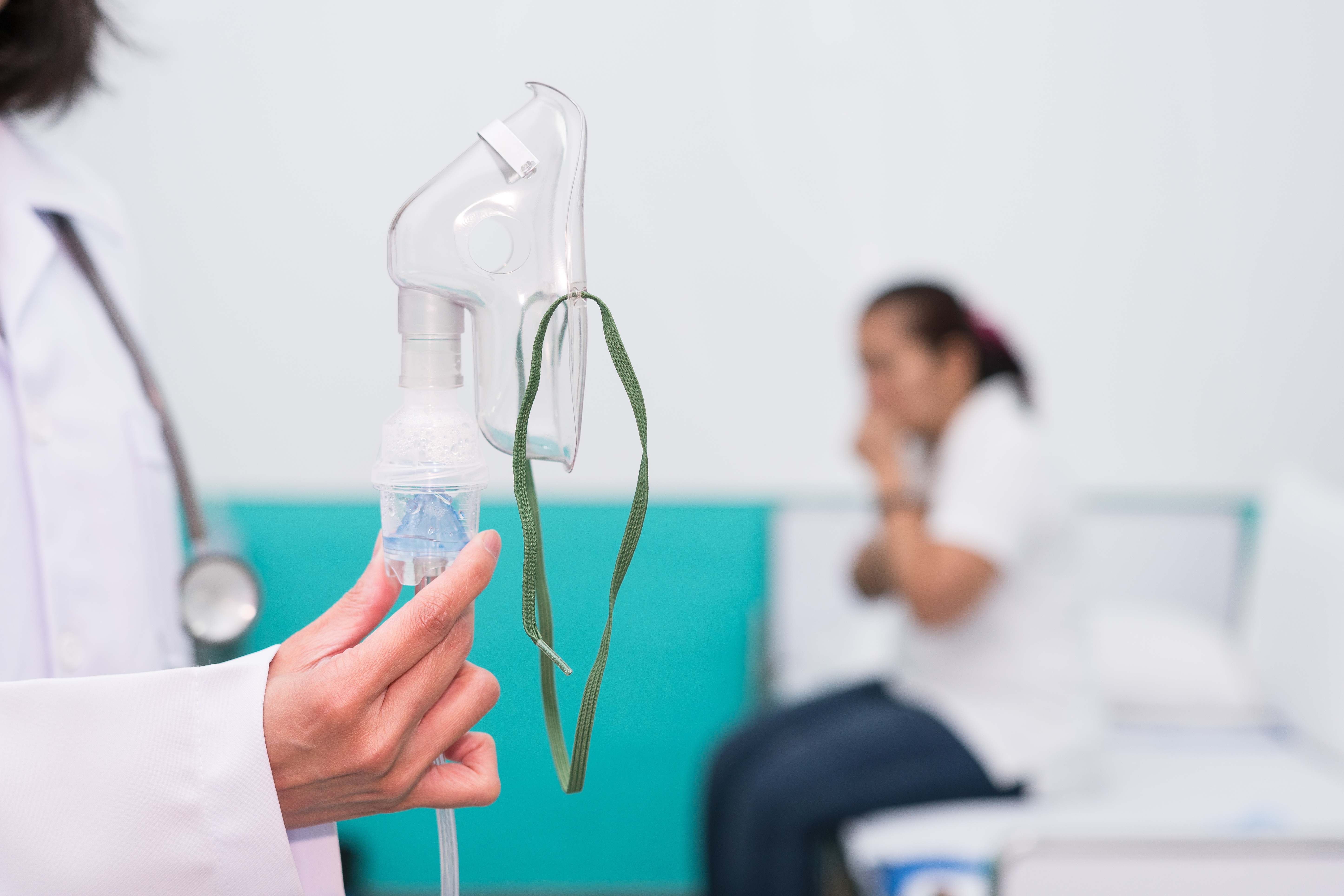
Many allergens or other hazards commonly found in the home can be detrimental to the health of all but especially so for the respiratory patient.
{{cta(‘155910633031’)}}
Pet Dander and Hair
- We love our pets but frequent vacuuming is important to remove dander and hair from the carpets and rugs of your home.
- It??s also essential that Fido gets washed, brushed, and groomed regularly, preferably by someone other than the respiratory patient (there are companies that will often come to your home with a mobile grooming station).
Excessive Moisture and Mold
- Perpetually damp surfaces are breeding grounds for mold and bacteria.
- Seal up leaks right away.
- Wipe up spills especially in carpets or fabrics.
- Install fans in bathrooms to improve ventilation.
- Replace sponges frequently.
- In humid climates you might consider running a dehumidifier or air conditioner in the house.
Scented Personal Products
- Anything with a strong smell is likely to irritate the airways (nose, mouth & throat).
- Stick to lightly scented or even un-scented products.
- If you have a friend who is known to wear excessive perfume or cologne, politely explain to them why and request they do not wear it to your home.
Dust
Dusty surfaces irritate the respiratory system and many are also allergic to dust making it an exacerbation risk.
- Sweep and mop frequently.
- Wipe down surfaces often with a damp cloth.
- Don??t collect an abundance of newspapers or magazines. They collect dust as well as moisture, creating mold.
- If a family member participates in a hobby that creates an excess of particulates, such as wood working, be sure they do it in an area that can be blocked off from the main living area, such as a garage or shed.
- Have air ducts cleaned regularly.
- Consider area rugs instead of wall to wall carpeting. They are easier and cheaper to replace if they get damp and they can be taken out and cleaned.
Cleaning Products
As we mentioned, cleanliness is important but the use of harsh chemicals is not essential for a clean house.
- Anything that contains bleach or ammonia should be avoided.
- Wiping and mopping surfaces with warm water and mild dish soap if sufficient to keep surfaces clean when done regularly.
- Keep rooms well ventilated particularly while cooking or cleaning.
- If possible, people with COPD should let others do the sweeping and scrubbing with any kind of chemicals. Yes, you can tell them we said so.
- If you do have to have any exposure to cleaning chemicals, be sure to use a respirator mask that is rated N95. The CDC does a great job of explaining mask ratings on their website.
Safe and Natural Cleaners
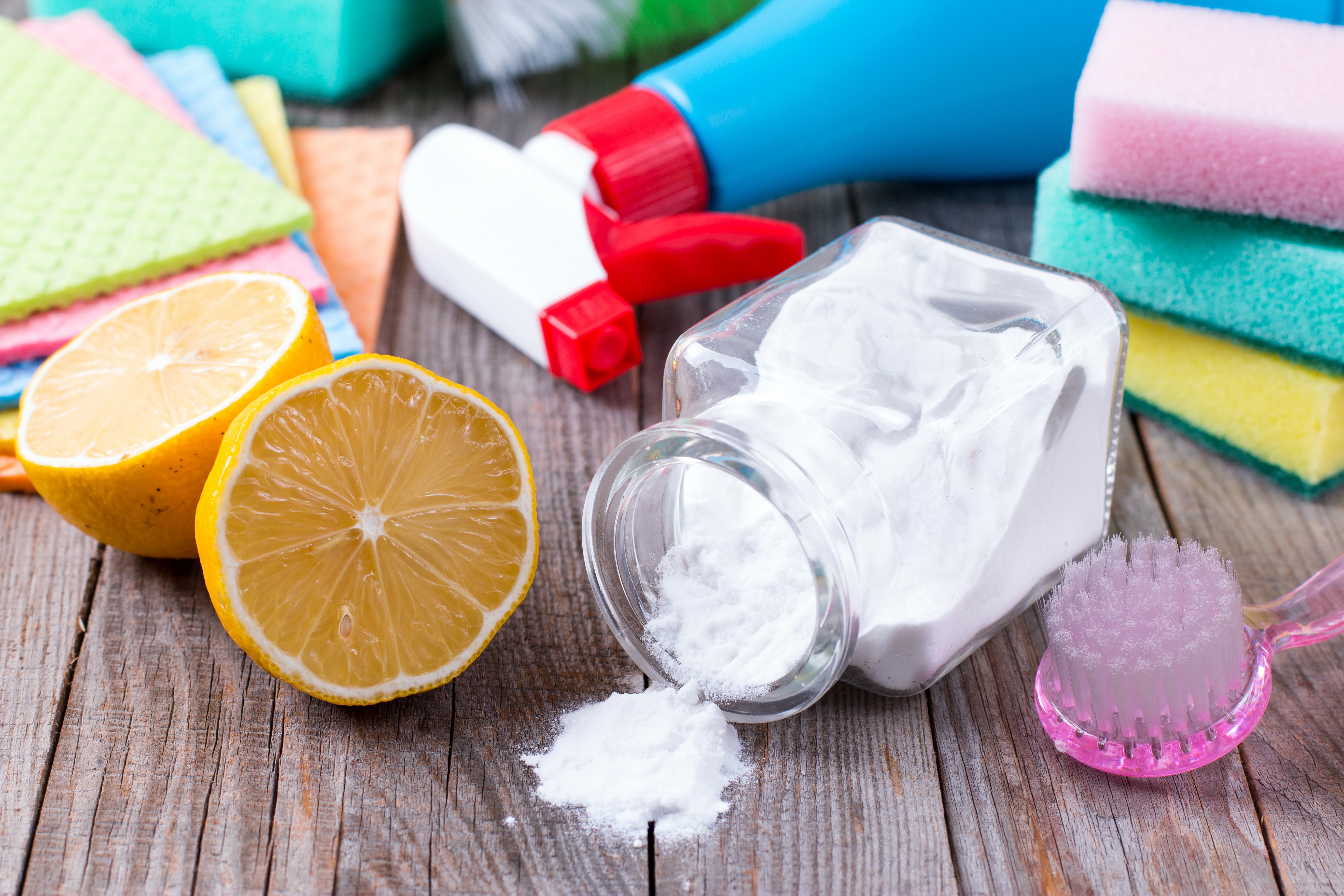
There are several cleaners marked as all natural or non-toxic. If you can use these without respiratory irritation, that’s fine but you may save money and also reduce risk of symptom flare ups by using these items that most people already have in their cupboard.
White Vinegar
- Cuts grease
- Removes mildew
- Stain lifter
- Reduce wax build up
Baking Soda
- Removes odors
- Cleans grease and grime
- Great for scouring surfaces
Lemon
- Kills bacteria
- Prevents lime scale
- Air freshener
- Polishes furniture
Corn Starch
- Cleans carpets
- Shines windows
- Polishes furniture
Remove Bacteria and Other Dangers Safely
All Purpose Cleaner
Mix 1/2 gallon of water with 1/2 cup of vinegar and 1/4 cup of baking soda.
Pour this into a spray bottle to make it easier on you to spray and clean. This can be used on kitchen counters, chrome fixtures, mirrors, or to remove water deposits from the sink or shower.
Clean Grout and Remove Mold
Mix 1 part hydrogen peroxide with 2 parts water.
Spray on surface and let sit for 1 hour then rinse with clean, warm water.
For stubborn grout stains mix 1 part vinegar with 1 part warm water.
Make a paste with baking soda and water and spread it on the grout. Spray it with the vinegar solution. Let stand for 5 minutes then scrub with tooth brush. Caution: vinegar can break down grout so only use this method on occasion.
Lemon juice mixed with cream of tartar can also be used to clean grout.
Simply make a paste, apply with toothbrush, then rinse with warm water.
Natural Toilet Cleaner
Mix 1 cup of white vinegar with 1/2 cup of baking soda and 1/2 teaspoon of tea tree oil to kill bacteria.
Spray this mixture on the outer surfaces of the toilet including the handle. Let sit for several minutes then wipe with damp cloth.
Spray the mixture into the bowl and let sit for 10 minutes. Sprinkle baking soda in and scour with toilet brush.
Cleaning in the Kitchen
Microwave
Either slice a lemon or pour in 1/4 cup of lemon juice into a bowl of water. Place in microwave for 45 seconds and then remove, caution: it may be hot. Wipe with damp cloth.
Food Containers
Squeeze lemon or pour lemon juice into containers. Add baking soda but not enough to make it a paste, then begin to scrub (you can use an old toothbrush or scrub brush). For stubborn stains, let sit overnight and scrub in the morning, then rinse.
Polishing Silverware
Make a paste using 3 parts baking soda with one part water. Rub onto silverware with clean, soft cloth. Rinse
Oven Cleaner
Mix 3/4 cup of baking soda with 1/4 cup of water and 1/4 of salt. Wipe oven with damp cloth and apply paste. Let sit overnight. Remove the majority of paste with spatula and wipe clean with wet cloth. Polish with steel wool as needed.
{{cta(‘155910633392’)}}
Cleaning Other Parts of the Home
Removing Water Rings
Apply toothpaste or mayonnaise to the ring and gently buff. Be careful not to mar the surface. Once ring is gone, buff entire surface.
Removing Odors from Carpet or Upholstery
Sprinkle with baking soda and let sit for 15 minutes, then vacuum up the baking soda. You can walk on carpets with baking soda, but try to avoid it if you can.
Polishing Shoes
Mix olive oil with a few drops of lemon juice. Apply with cotton rag. Let sit for a few minutes then buff and shine with a clean cloth.
Cleaning Tile Floors
Pour 1/2 cup of baking soda in a bucket of warm water. Mop and then rinse with clean water.
Removing Rust Stains
Sprinkle salt over the stain. Soak the salt with juice from a lime. Let sit for 3 hours then scrub clean with lime rind. Rinse with warm water.
Washing Windows
Mix 4 tablespoons of lemon juice with 1 gallon of water. Spray on and wash as normal.
Lifting Grease Spots from Carpet or Upholstery
Apply corn starch and let sit for several minutes then vacuum. Repeat as necessary.
As you can see you can clean your entire house with just a few simple items. We hope these tips keep your home clean and yourself healthy as well.


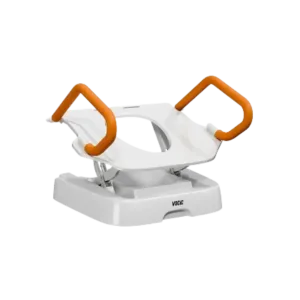
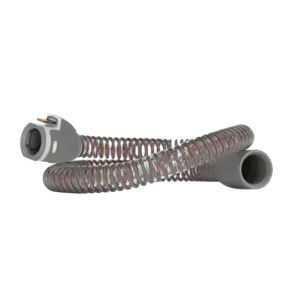
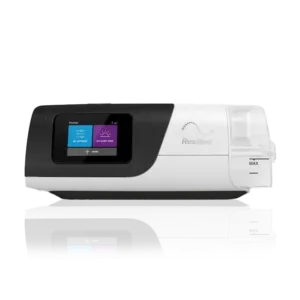

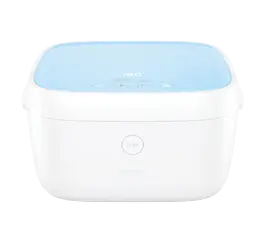
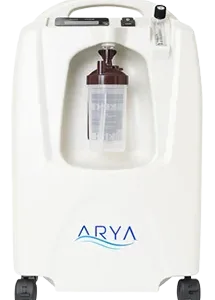
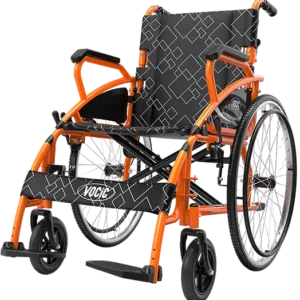
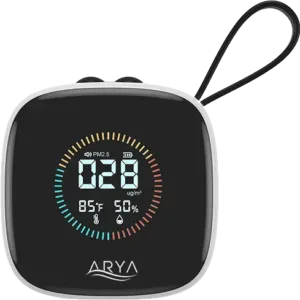
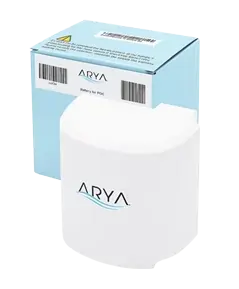
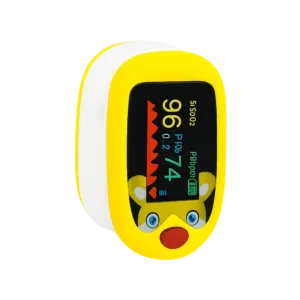
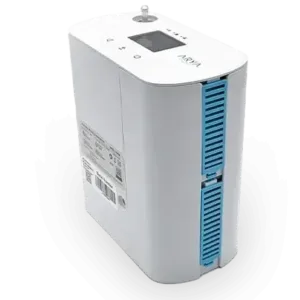





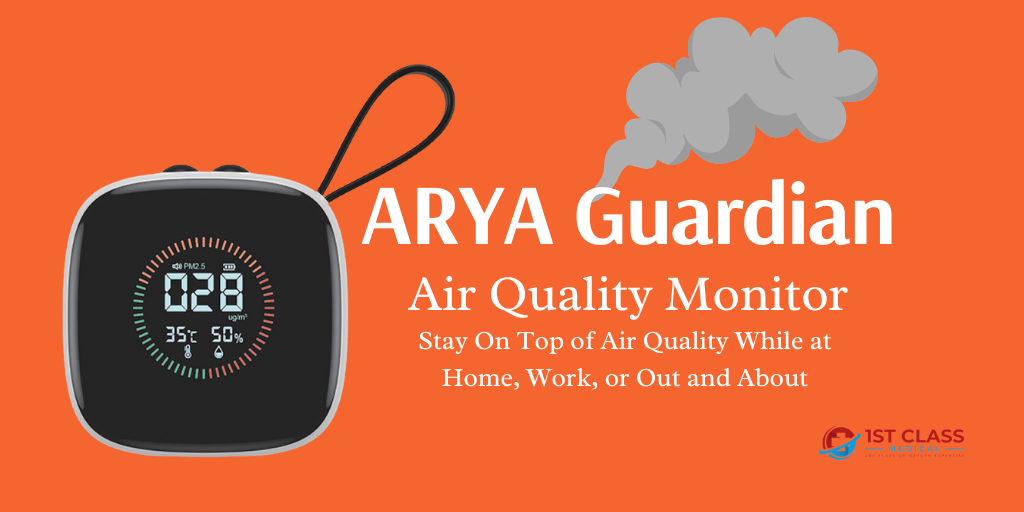

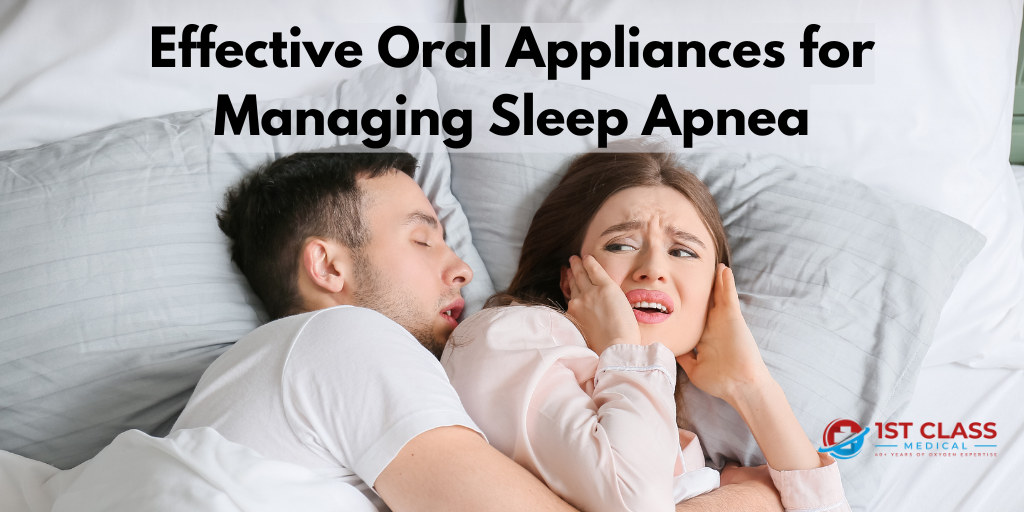
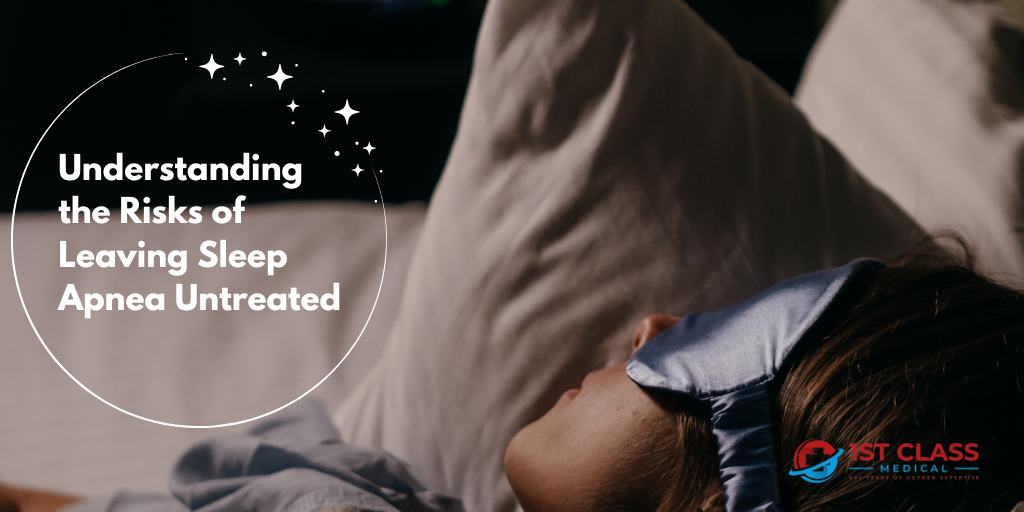

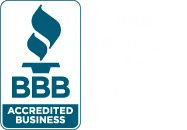
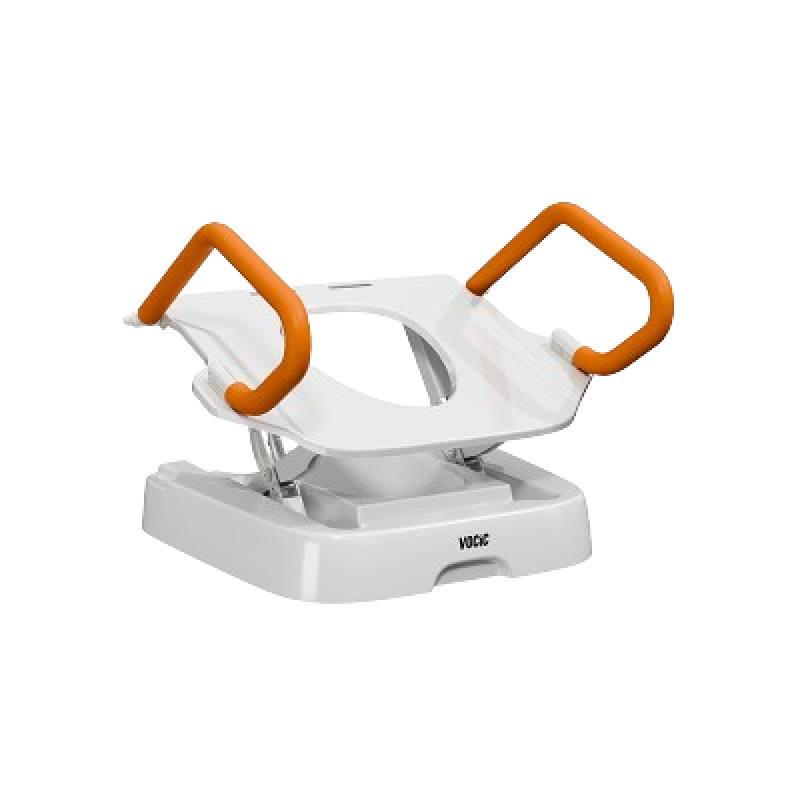
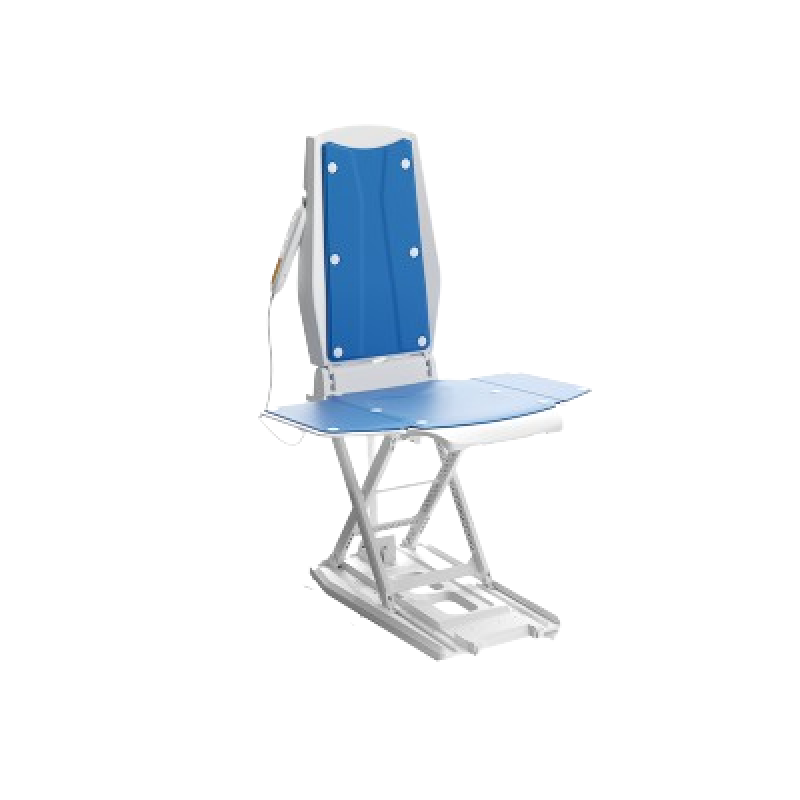
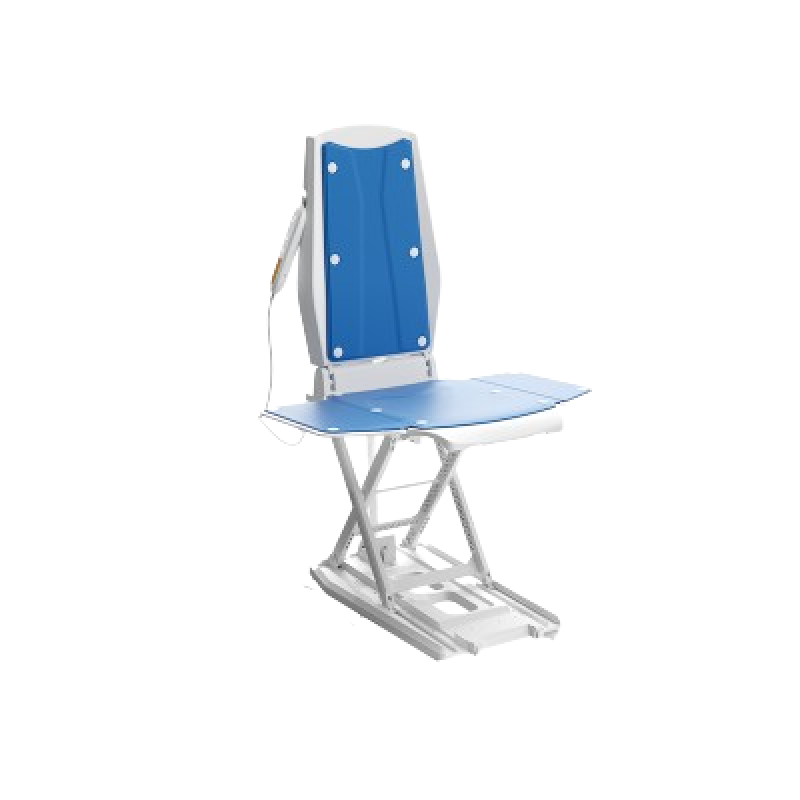
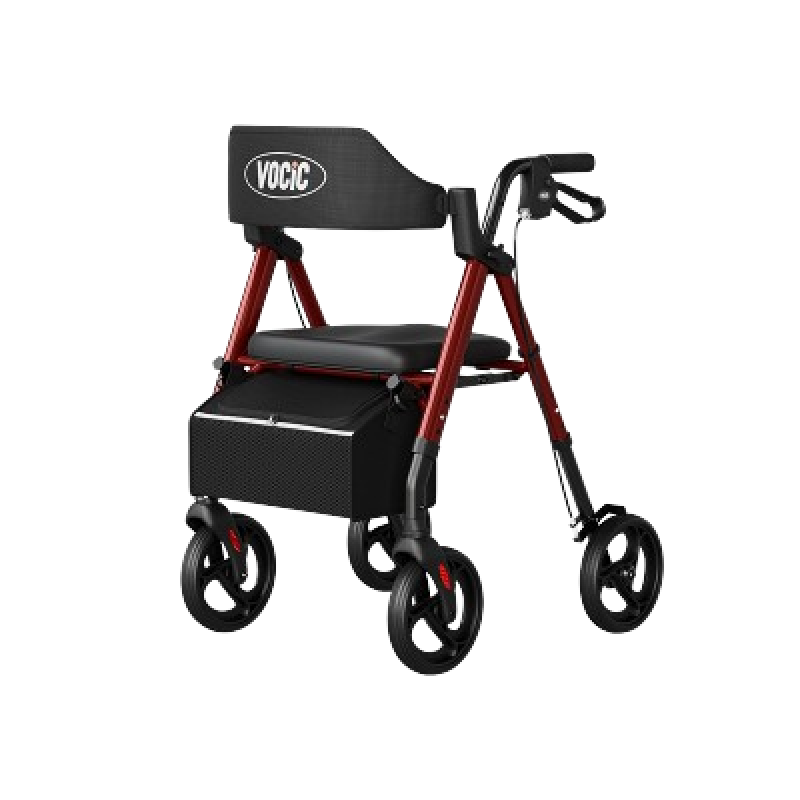
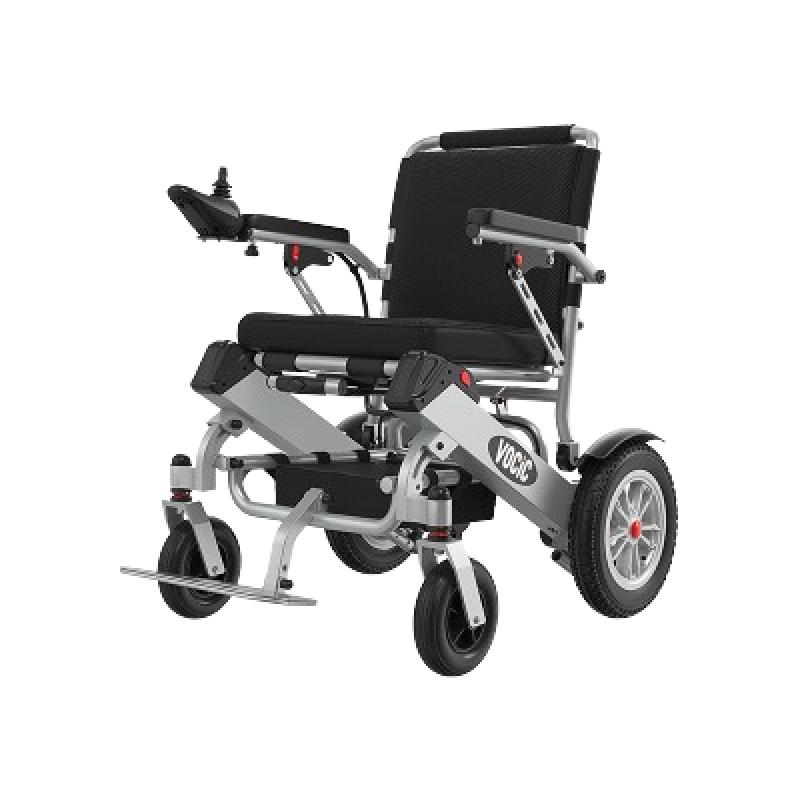


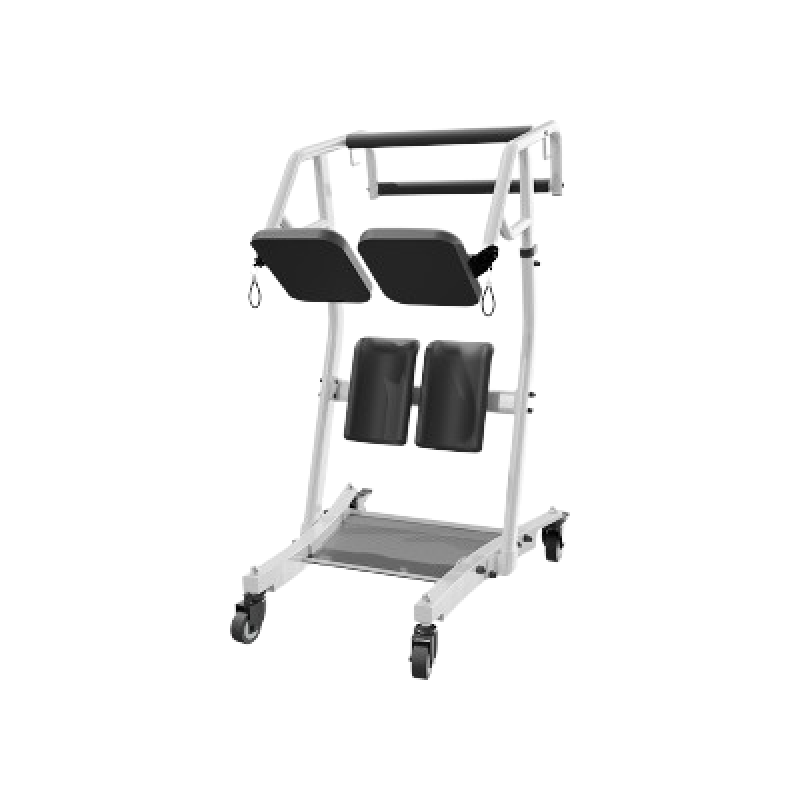
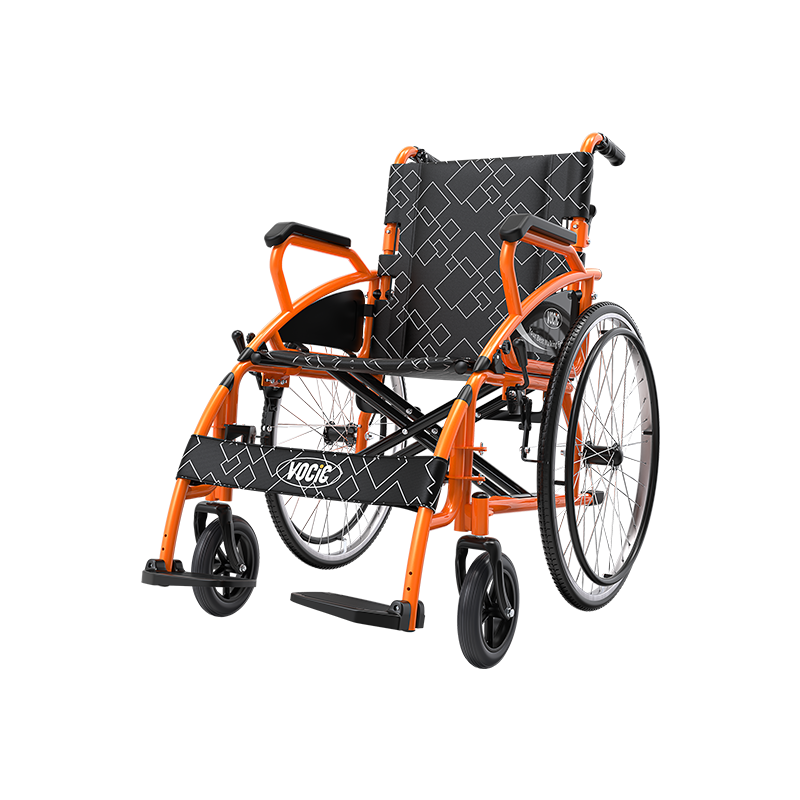

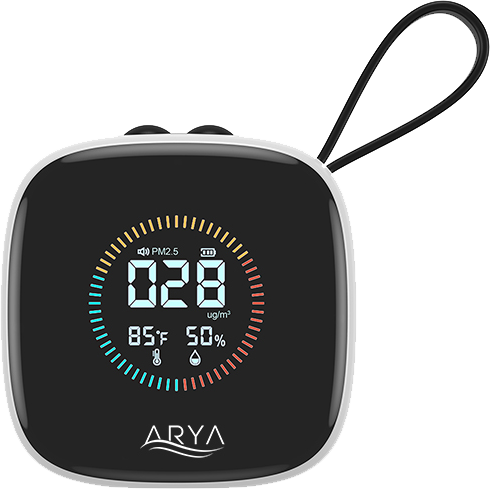
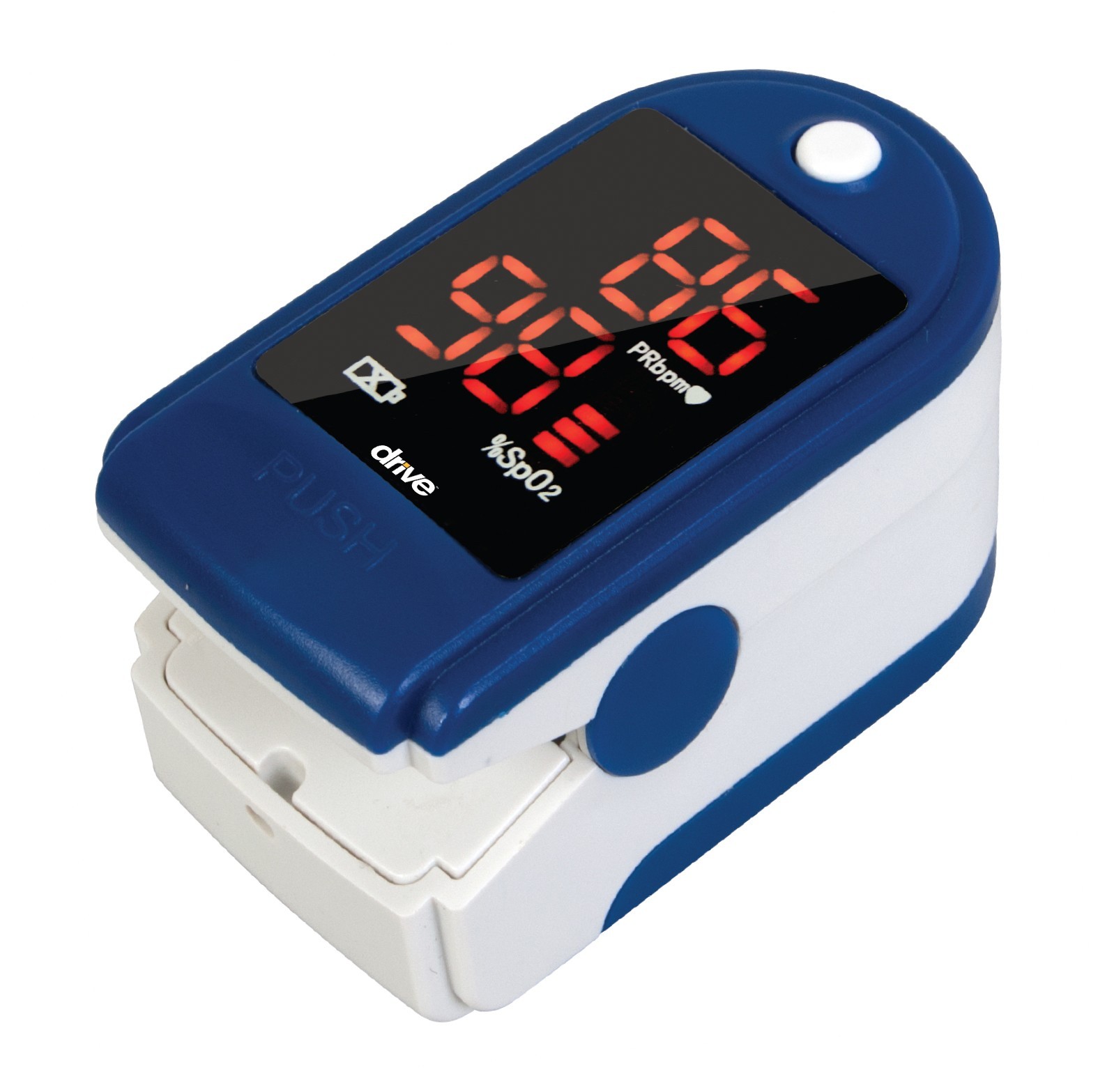

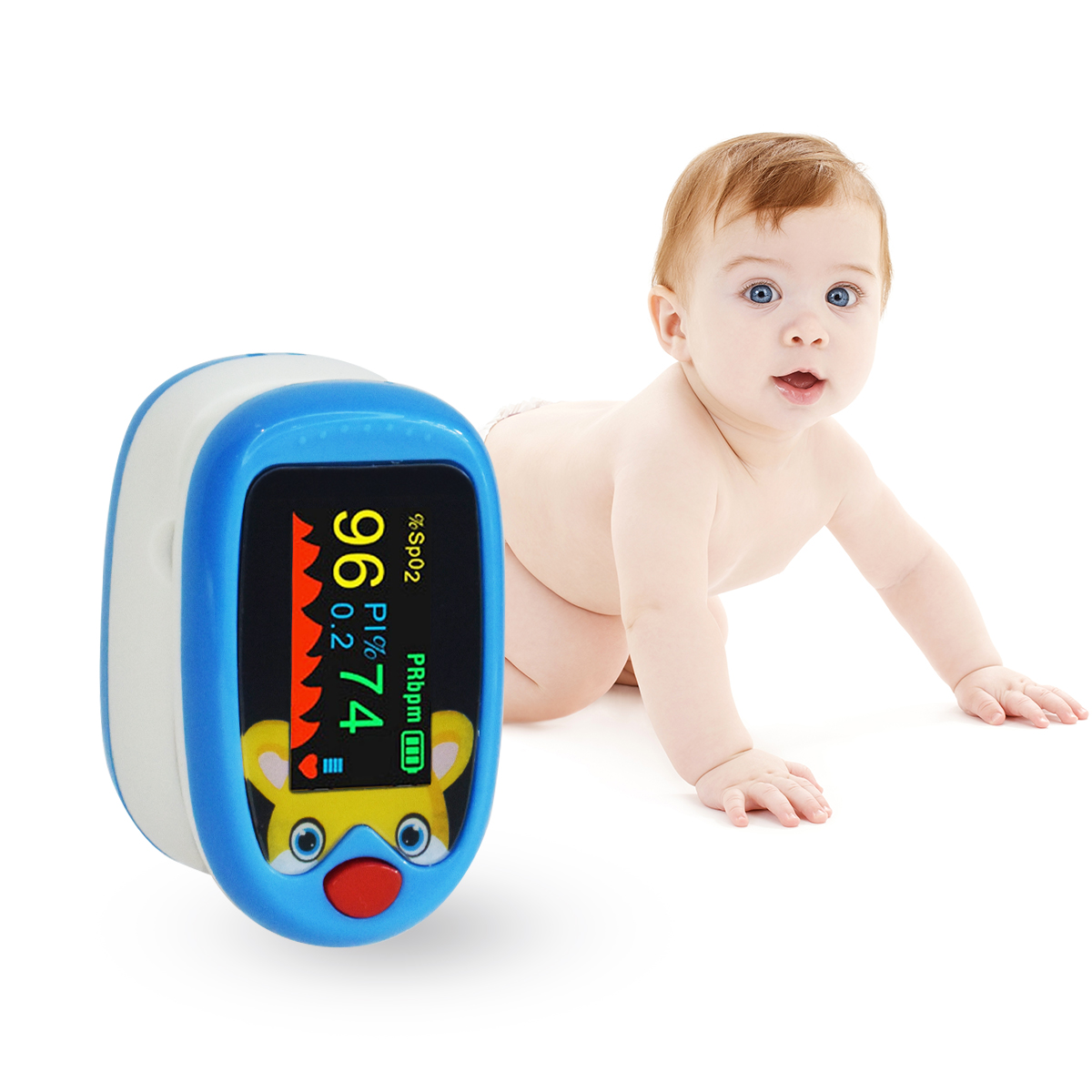
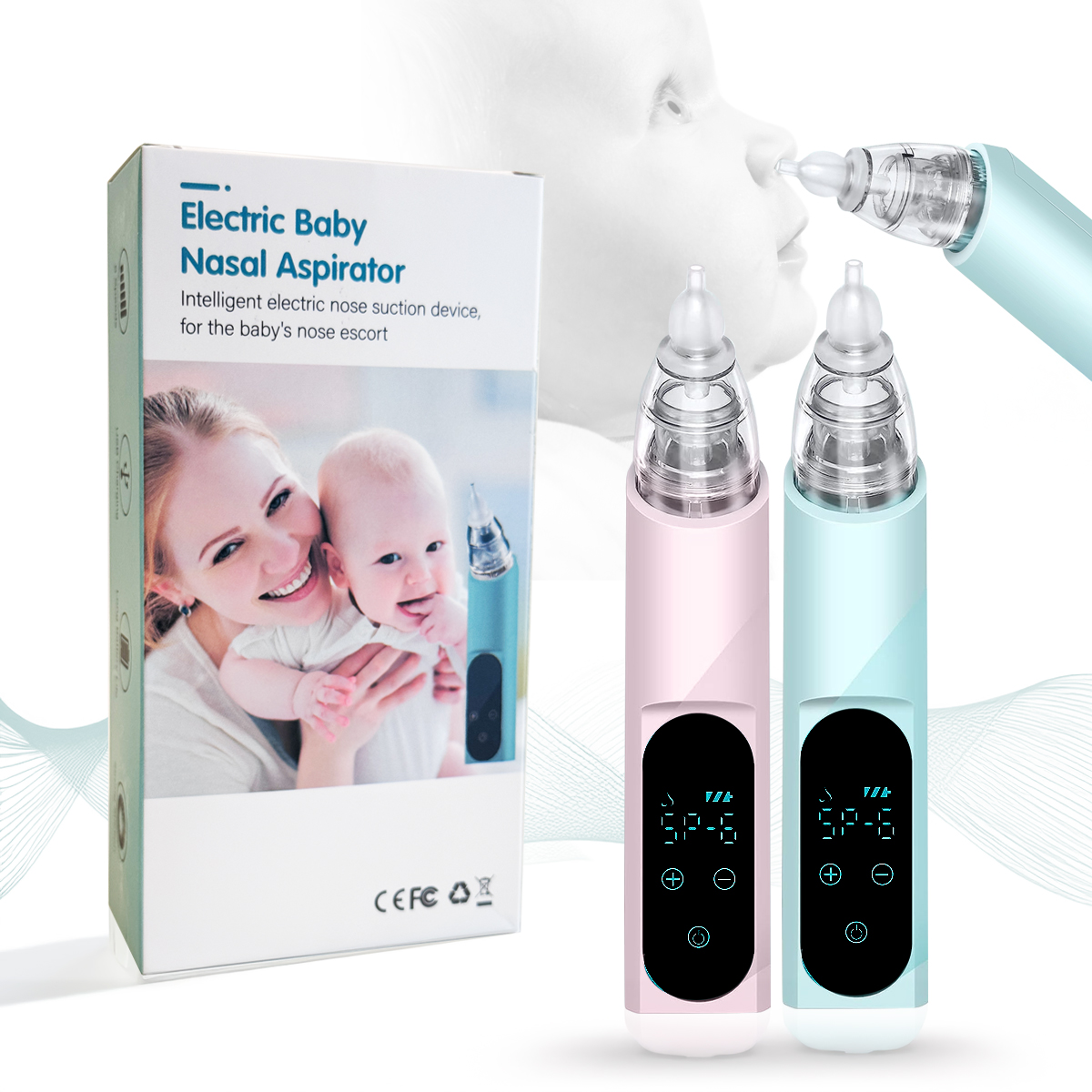
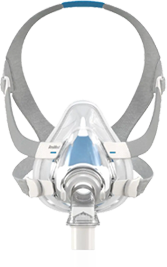
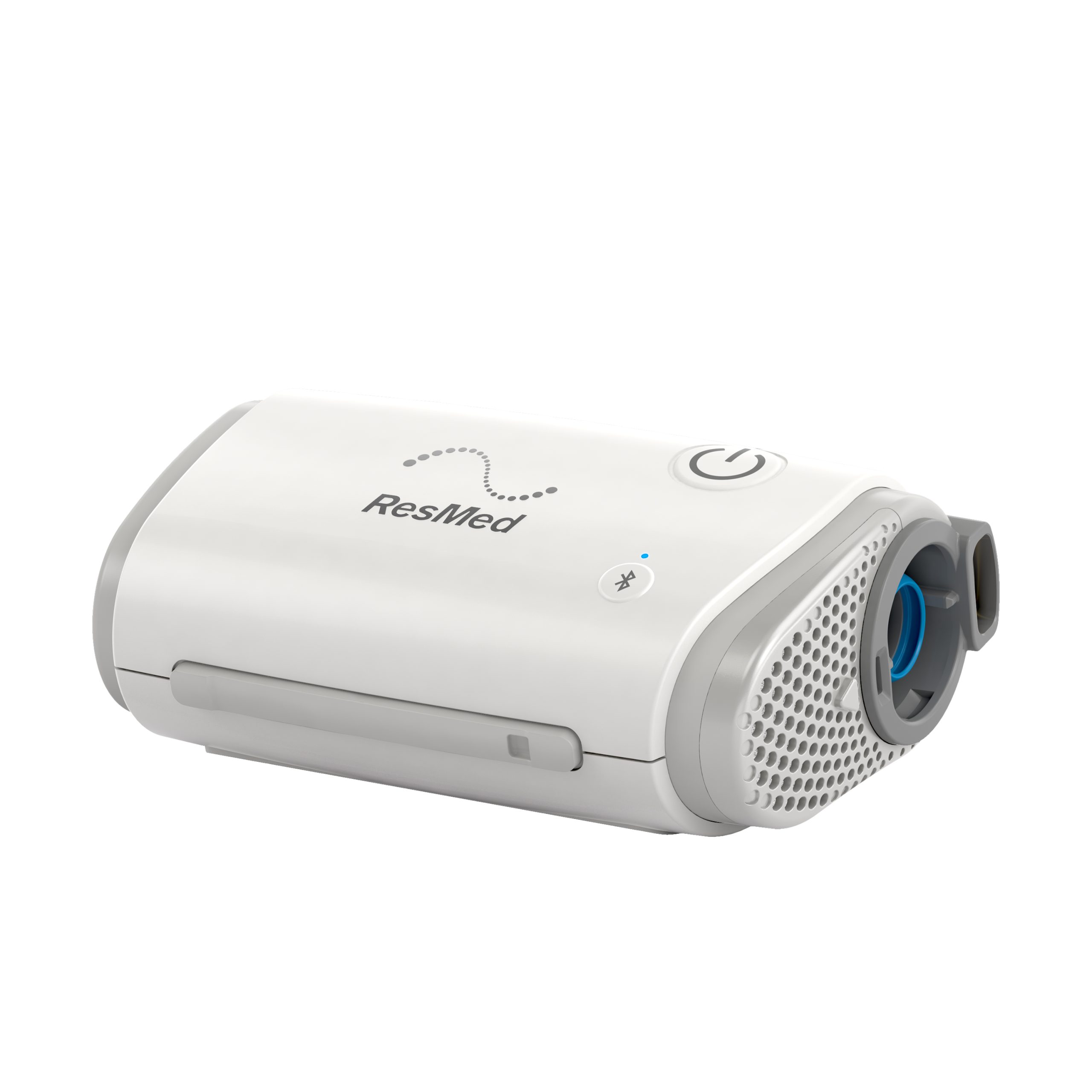
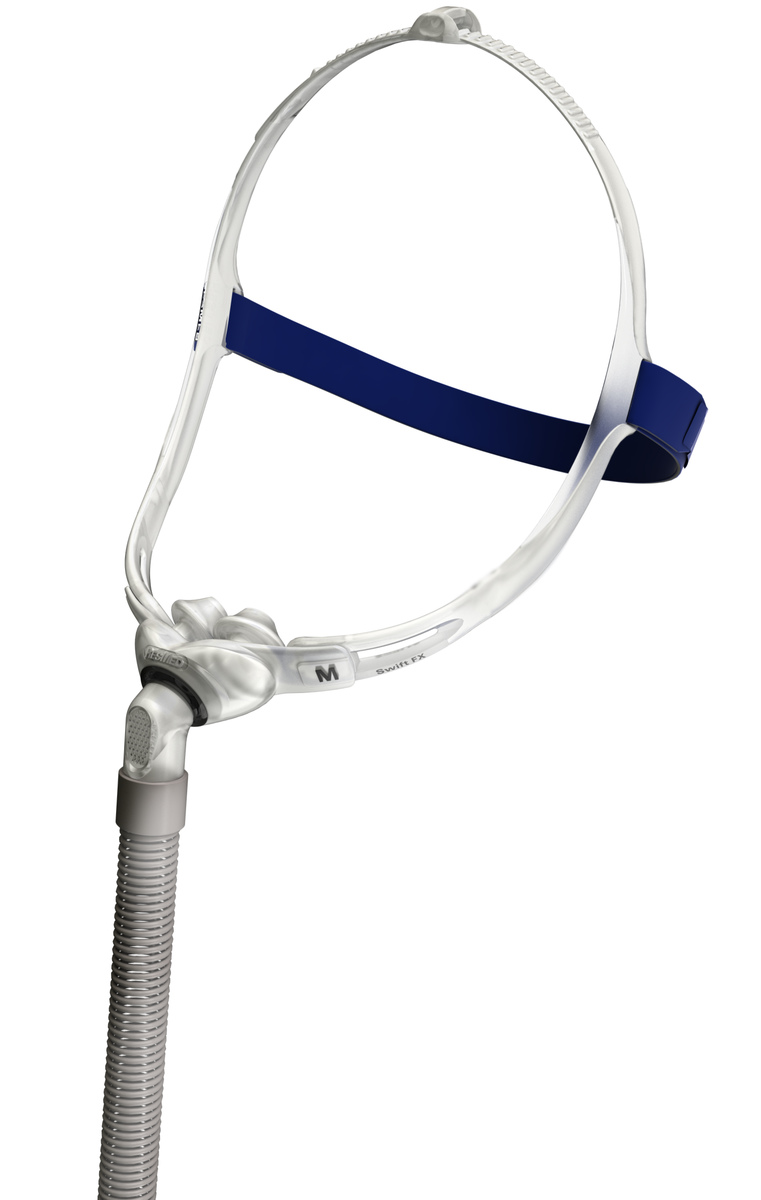
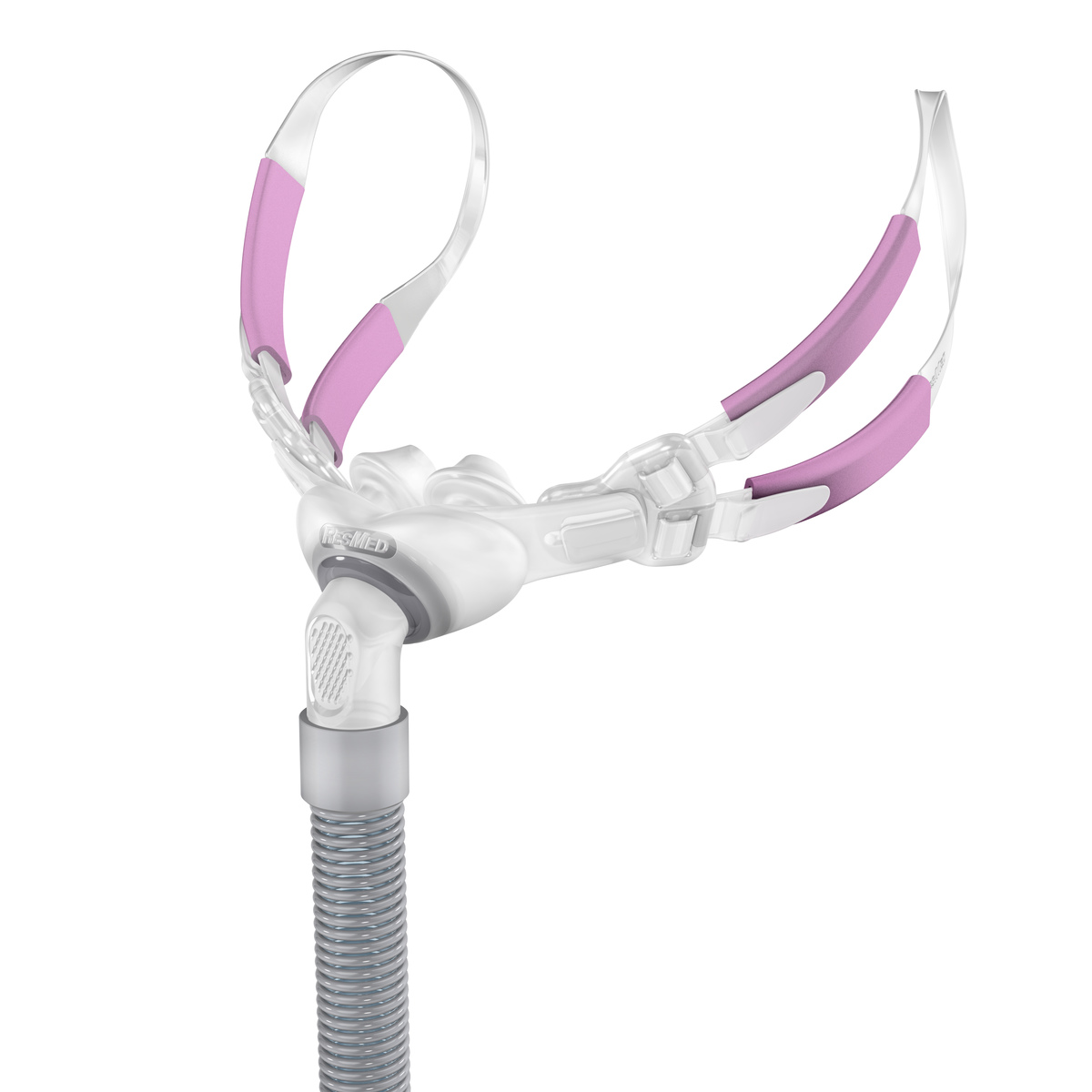
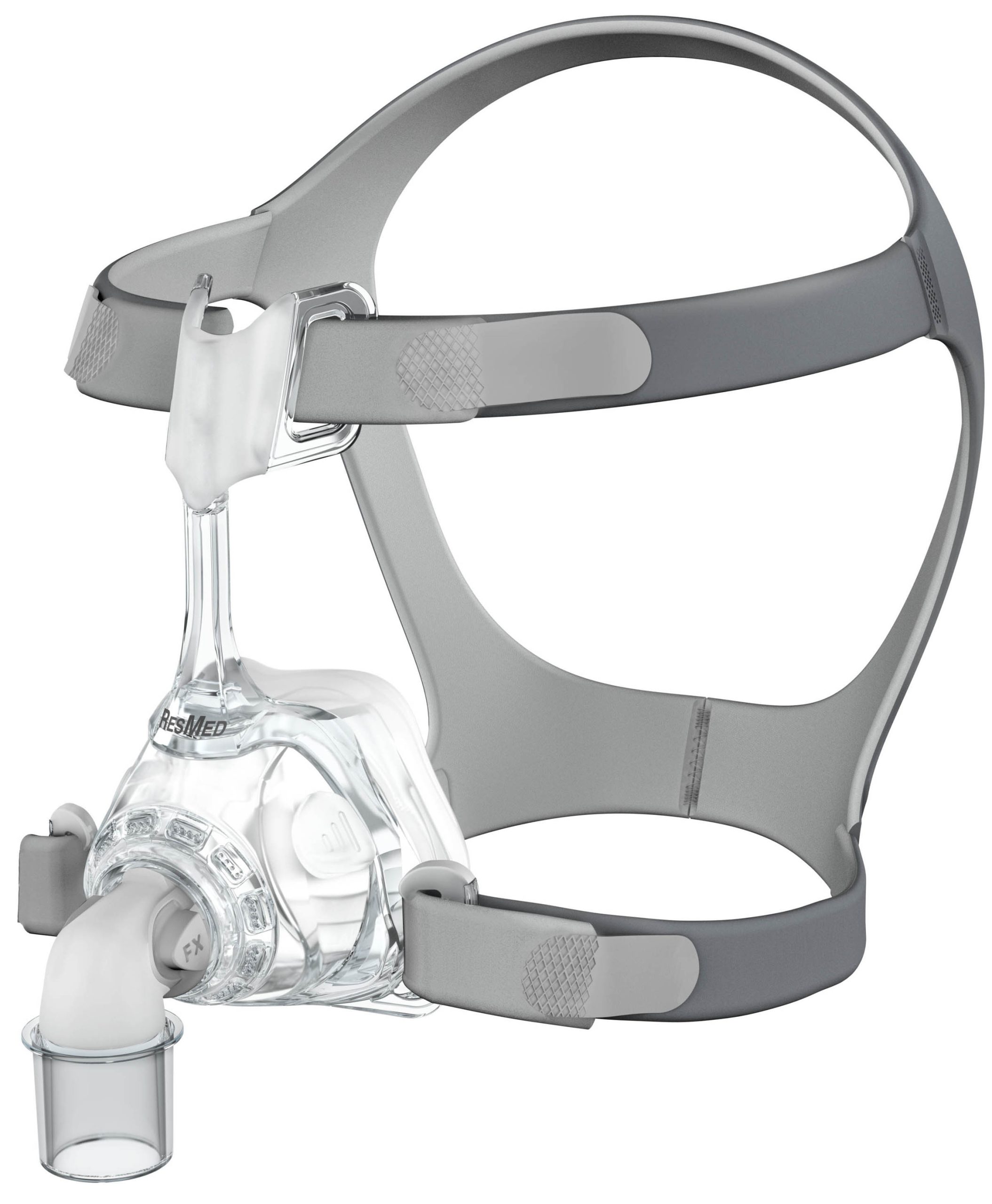
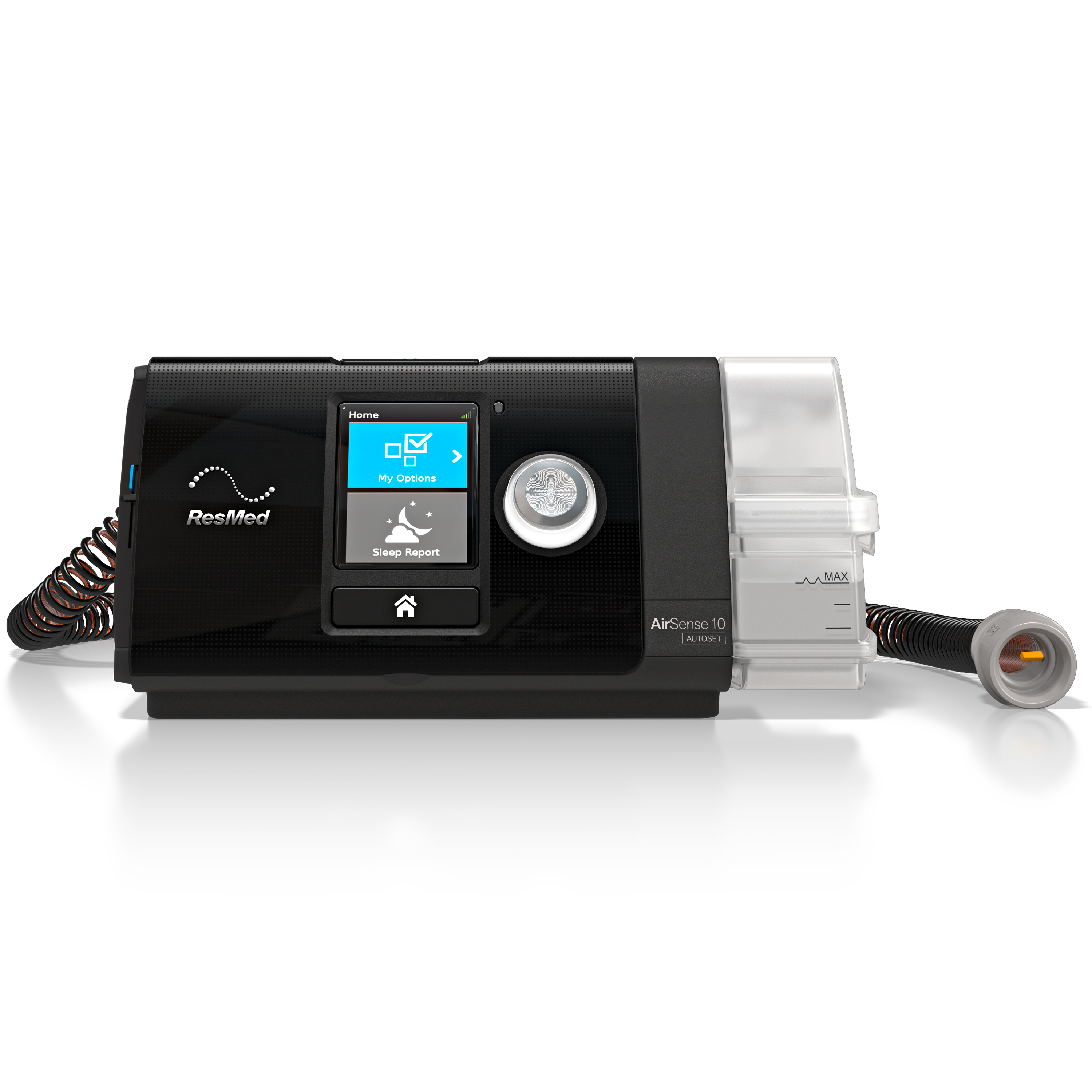
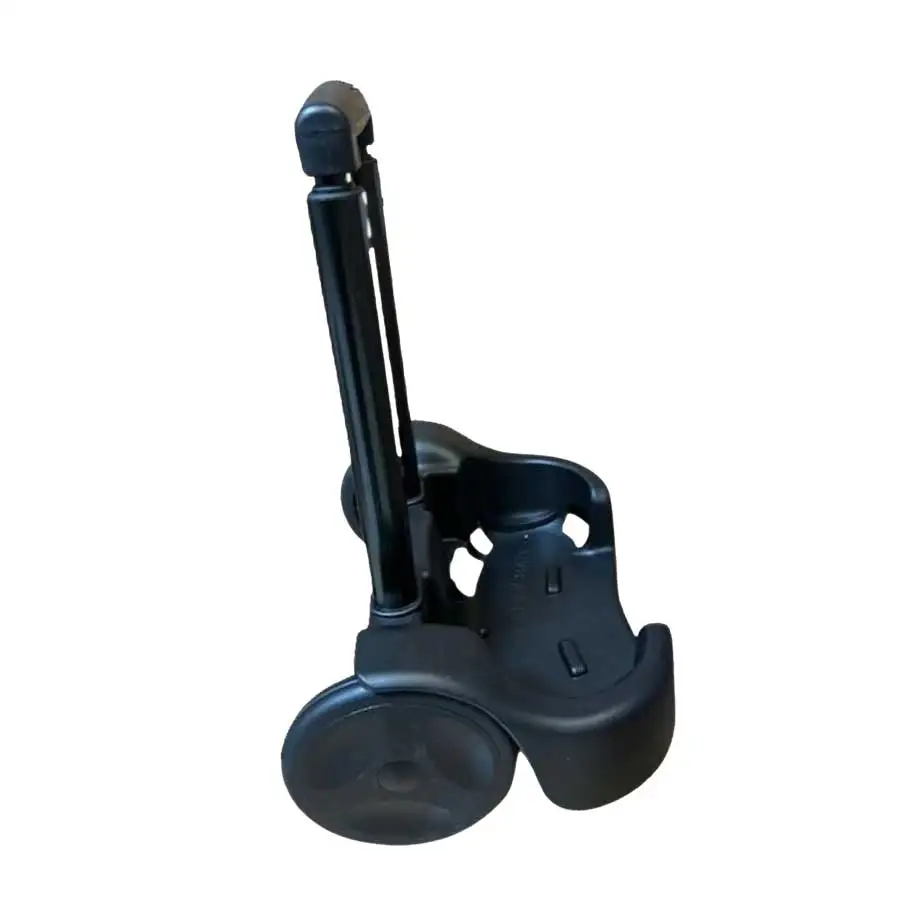
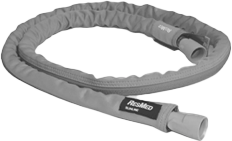
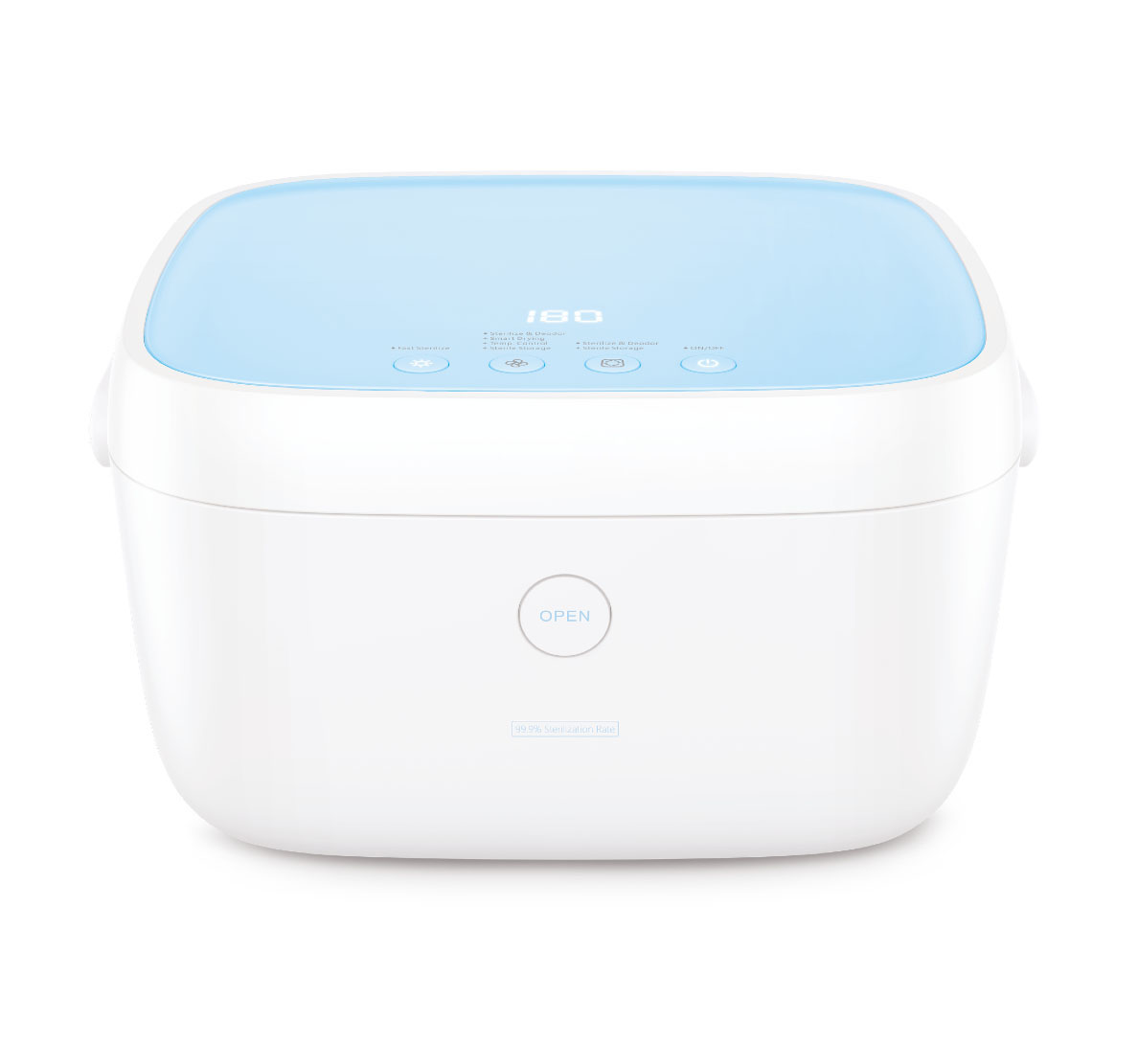
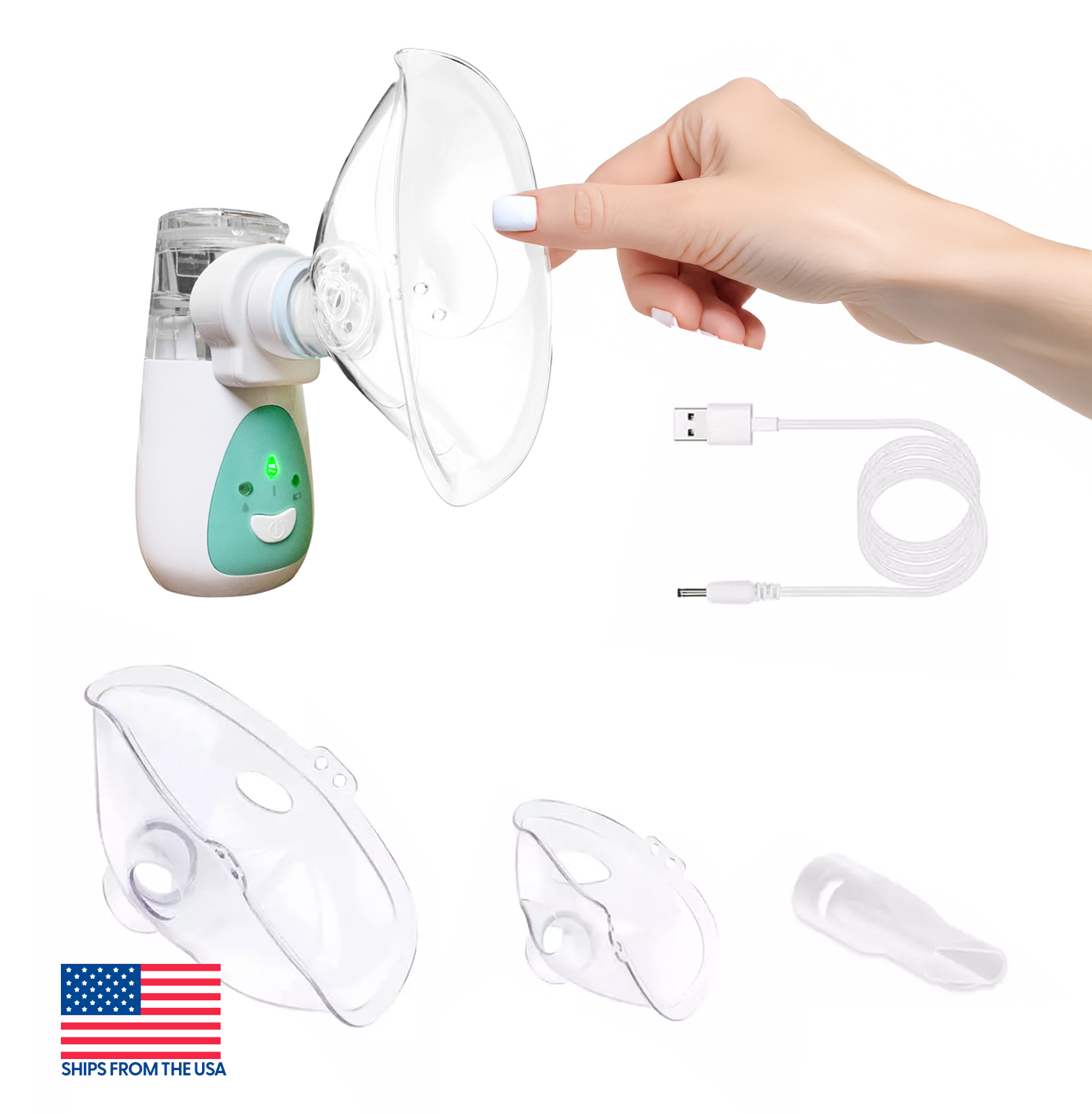
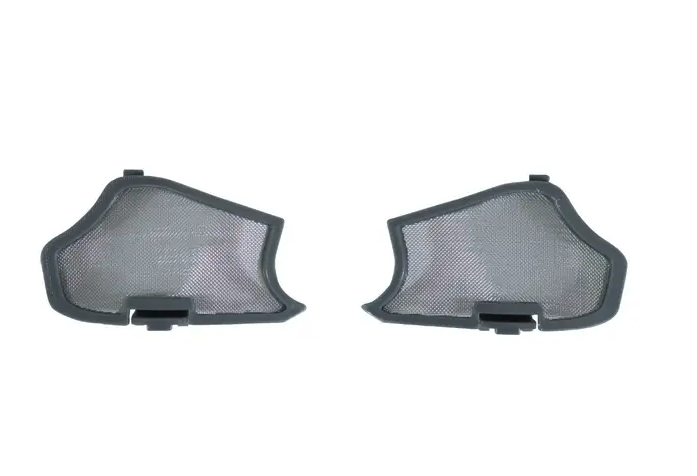

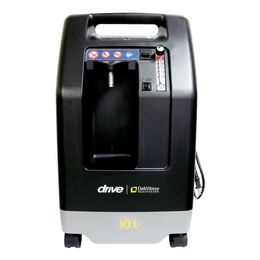
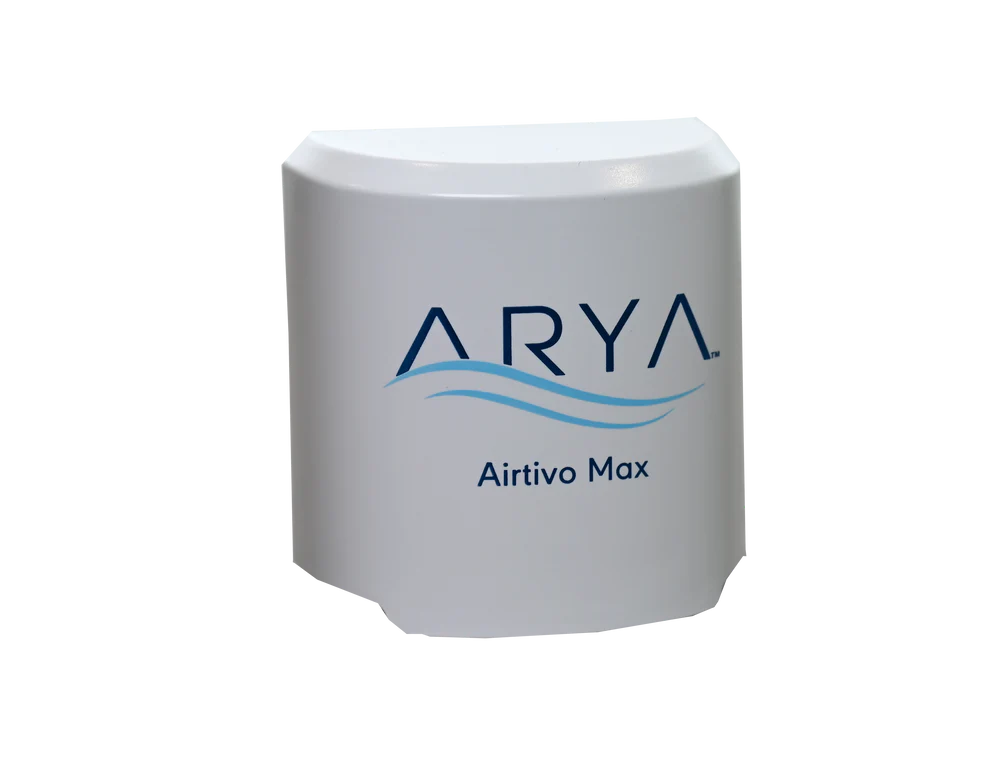
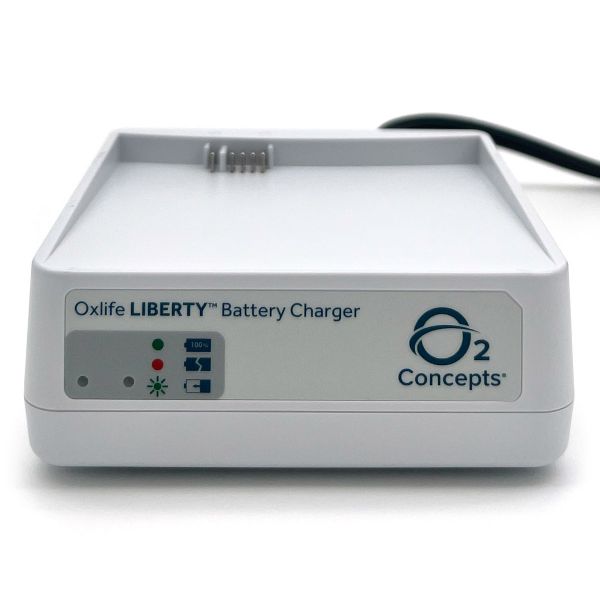
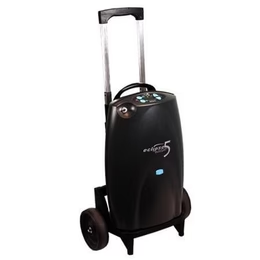
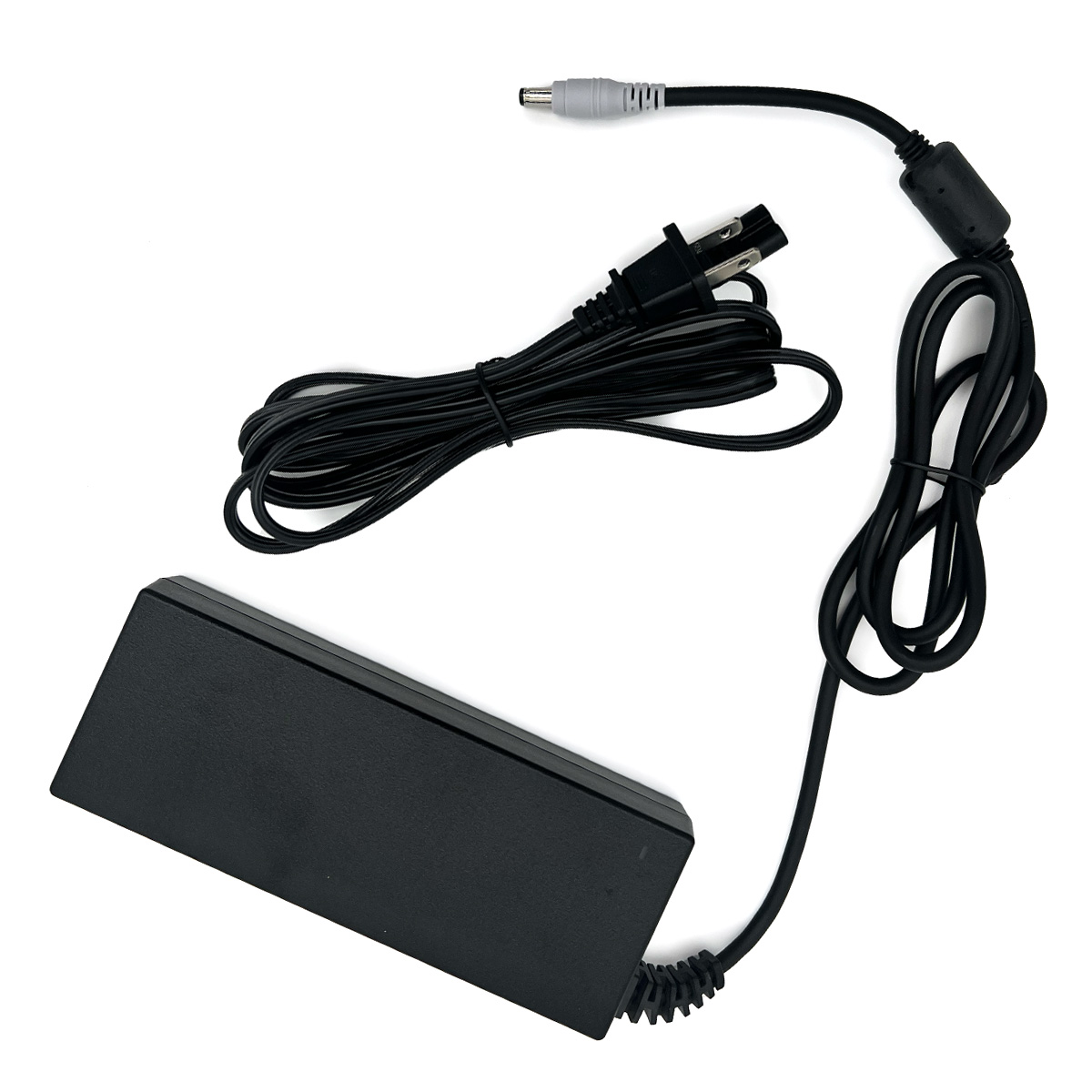
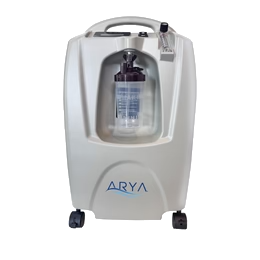
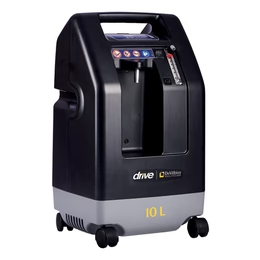
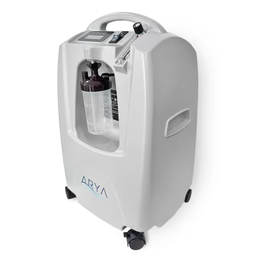
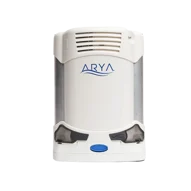
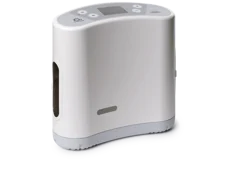
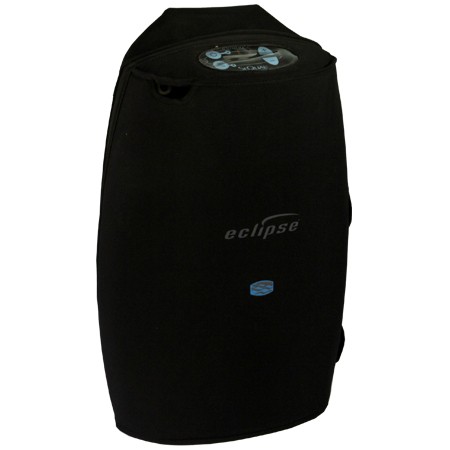
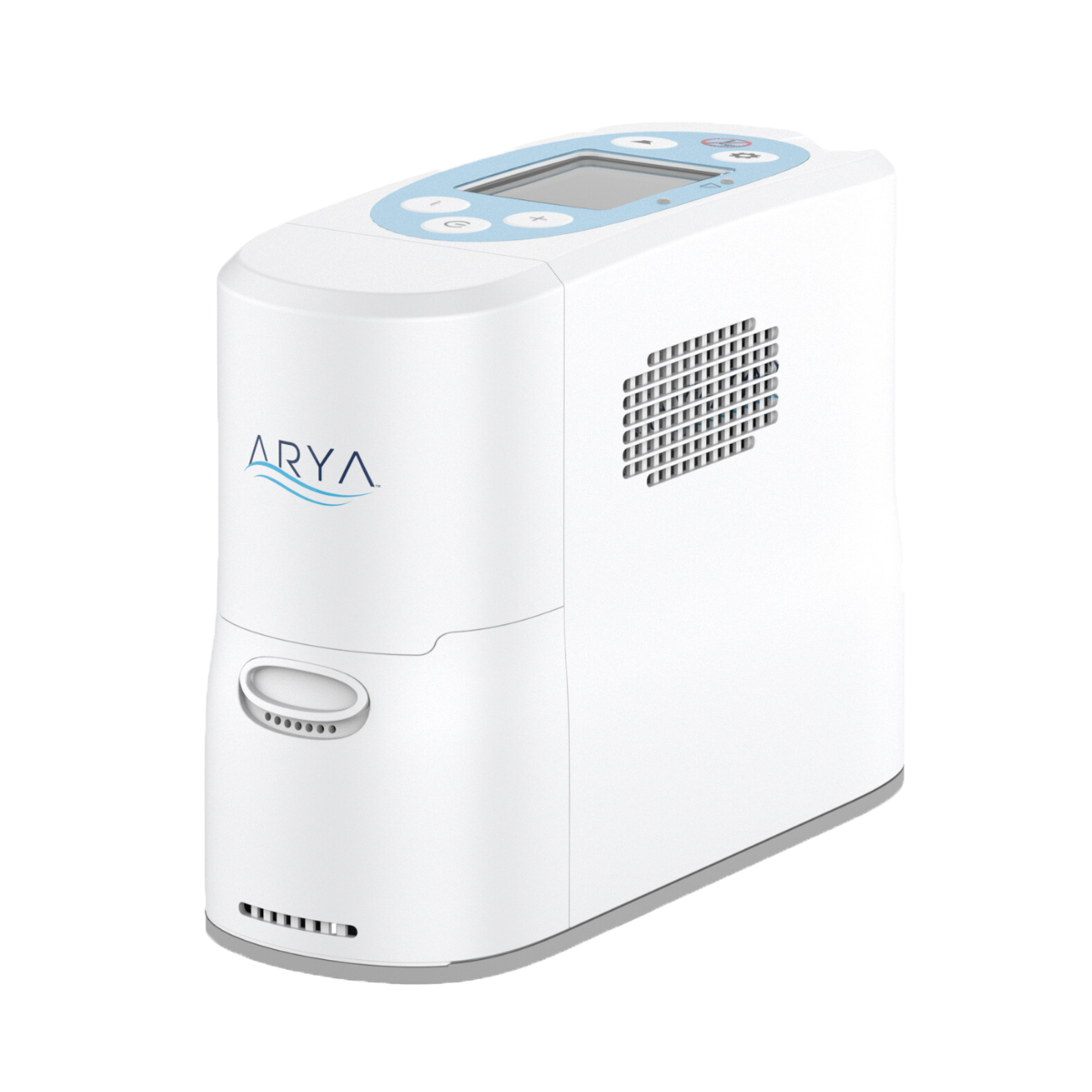
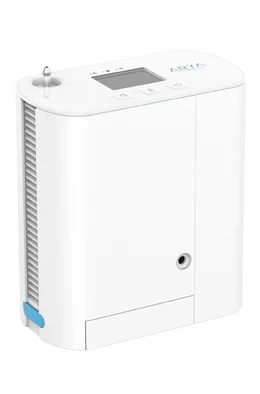
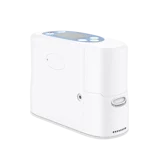
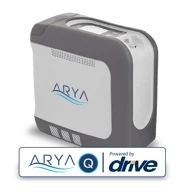
Comments are closed